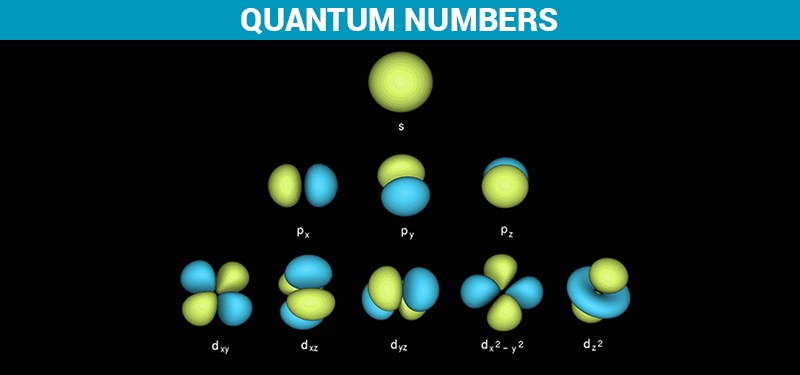

With an organism as complex as the human body, there are countless ways that a medicine can react to the environment. Even with the latest increase in speed and accuracy, they are quite insignificant due to the limitations of standard computers. While there are already a lot of good medicines on the market, the speed with which they are produced, as well as their effectiveness, are surprisingly limited. But now we are about to enter the era of medicine, built on quantum computing. In fact, quantum computers will be able to make calculations in seconds, which ordinary computers would take thousands of years to complete.ĭue to the inevitable increase in computational power predicted by Moore’s law, available DNA sequencing has emerged. On the other hand, a quantum computer could “see” all the billions of sequences simultaneously, which would significantly reduce the time and computational costs. If we feed a normal computer a sequence of thirty 0 and 1, there will be about a billion possible values of this sequence, and a computer using ordinary bits must pass each combination separately, requiring a lot of time and memory. (Roughly speaking, n qubits can exist in 2n different states simultaneously). Quantum computations, on the other hand, use “qubits”, which can exist in practically innumerable states simultaneously.

This is a finite binary world in which the information is encoded in bits-units and zeros-that can exist only in two states (on and off). Here are ten incredible consequences of the introduction of quantum technology.Įxponential increase in computational speedįor starters, a small short introduction: the computer on which you are reading this, works on the same basic technologies that are used in virtually every computer in the world. Companies like Amazon, Microsoft and Intel are looking forward to the introduction of quantum cryptography, because they fear that hackers will try to get to quantum capabilities and collapse the security systems of these companies.Īnd since we can say that quantum computations will soon appear, we need to understand what this means for the future and what incredible new (and sometimes frightening) opportunities quantum technology will bring. Given the incredible potential of quantum technology, it will be superfluous to say that those who master this technology in the future will have a significant advantage over those who do not master – and it concerns politics, finance, security and many other spheres. Standard measurements become meaningless. In the head there are pictures of people walking on walls, traveling in time and general uncertainty, which threatens to eradicate our most familiar ideas about truth and reality.

Most people who are at least a little familiar with the basic ideas of quantum mechanics consider this region somewhat “strange”, since it sometimes puzzles even experienced quantum physicists. In the scientific community, a consensus emerged that the first fully functional quantum computer will be ready in about ten years – and this is an event of such magnitude that many experts urge to count the years left before the “quantum”.


 0 kommentar(er)
0 kommentar(er)
